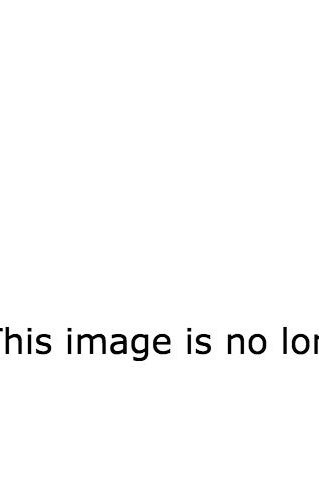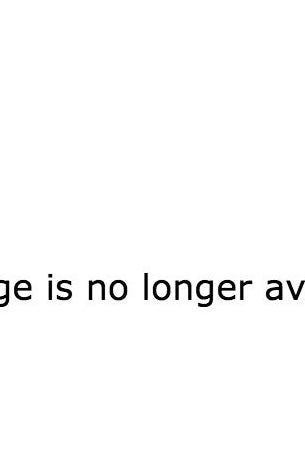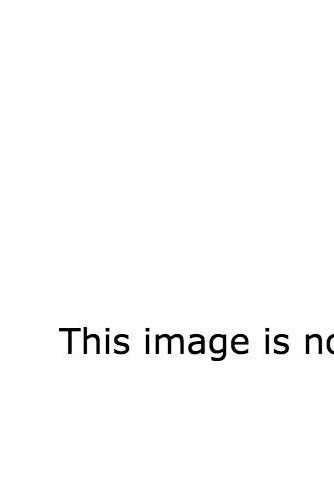
1. Mrs. Doubtfire


Based on: Alias Madame Doubtfire by Anne Fine
Year published: 1987
The 1993 film is actually a fairly close adaptation of the YA novel.
Based on: The Hundred and One Dalmatians by Dodie Smith
Year published: 1956
The charming children's book was closely adapted by Disney for its 1961 film. Smith also wrote a sequel to the book, The Starlight Barking, in 1967 — which Disney did not base any of its subsequent sequels on.
Based on: Father of the Bride by Edward Streeter
Year published: 1949
Father of the Bride became an instant New York Times best-seller and was adapted into a movie — starring Elizabeth Taylor and Spencer Tracey — the following year.
In 1991, the film was remade into a hit movie starring starring Steve Martin, Diane Keaton, and Martin Short.
4. Terms of Endearment


Based on: Terms of Endearment by Larry McMurtry
Year published: 1975
The Pulitzer Prize-winning novelist has actually had several books adapted into classic films, including Hud (1963) and The Last Picture Show (1971) — but the 1983 adaptation of his classic tearjerker remains one of his most enduring.
5. Shrek


Based on: Shrek! by William Steig
Year published: 1990
Steven Spielberg actually acquired the rights for the book in 1991; it would take 10 years before it finally made it to the big screen.
6. Crouching Tiger, Hidden Dragon


Based on: Crouching Tiger, Hidden Dragon by Wang Dulu
Year published: Between 1938–1942
The novel is actually the fourth book in the Chinese author's five-part Crane-Iron Series.
7. Election


Based on: Election by Tom Perrotta
Year published: 1998
The novel was inspired by the U.S. presidential election of 1992 — so much so that Perrotta even set it as the year in which the book takes place.
8. Forrest Gump


Based on: Forrest Gump by Winston Groom
Year published: 1986
Groom's novel actually has quite a few key differences than the 1994 blockbuster film. Most noticeably the ending: (Spoiler alert!) Jenny does not die, but rather reunites with Forrest at the end.
In 1995, following the success of the movie, Groom wrote a sequel, Gump and Co.
9. Fast Times at Ridgemont High


Based on: Fast Times at Ridgemont High: A True Story by Cameron Crowe
Year published: 1981
The then-22-year-old Crowe famously wrote the book after spending a year undercover as a student — pretending to be a senior at Clairemont High School in San Diego.
Crowe also adapted the book into the screenplay.
10. The Graduate


Based on: The Graduate by Charles Webb
Year published: 1963
Webb wrote the novel — his first — during his final year of college, and while both the movie and the book are essentially the same, this is one of the rare cases where the film is actually better.
In 2007, Webb wrote a sequel, Home School, that gave us the answers to what happens to Ben, Elaine, and of course, Mrs. Robinson.
11. Apollo 13


Based on: Lost Moon: The Perilous Voyage of Apollo 13 by Jim Lovell and Jeffrey Kluger
Year published: 1994
The book is Lovell's (played by Tom Hanks in the film) account of what happened during Apollo 13's failed Lunar landing mission.
12. Drive


Based on: Drive by James Sallis
Year published: 2005
The book is actually the first in a series. Sallis wrote a sequel, Driven, in 2012.
13. Goodfellas


Based on: Wiseguy: Life in a Mafia Family by Nicholas Pileggi
Year published: 1986
The book is a nonfiction novel that chronicles the life of mobster turned FBI informant Henry Hill (who was played in the film by Ray Liotta). Pileggi also adapted the book into the screenplay.
Pileggi was married to another famous author and screenwriter, the late Nora Ephron, up until her death in 2012.
14. Rambo: First Blood


Based on: First Blood by David Morrell
Year published: 1972
Sylvester Stallone co-adapted the screenplay from Morrell's debut novel. He did make one major change in the film adaption: He keeps John Rambo alive at the end. In the book, Rambo is killed by Sheriff Teasle.
15. Die Hard


Based on: Nothing Lasts Forever by Roderick Thorp
Year published: 1979
Thorp wrote the book as a sequel to his 1966 book The Detective, which itself had been adapted into a movie of the same name, starring Frank Sinatra, in 1968.
Nothing Lasts Forever was adapted into screenplay for Sinatra to star in — as sequel for The Detective — but after he declined, the script was rewritten as a standalone film.
16. The Birds


Based on: "The Birds," part of The Apple Tree collection by Daphne du Maurier
Year published: 1952
Alfred Hitchcock loosely based his classic horror film on du Maurier's short story.
17. The French Connection


Based on:The French Connection: A True Account of Cops, Narcotics, and International Conspiracy by Robin Moore
Year published: 1969
Moore's book was a nonfiction account of two NYPD detectives' investigation of a major heroin-smuggling ring.
18. Planet of the Apes


Based on: La Planète des Singes, known in English as Planet of the Apes by Pierre Boulle
Year published: 1963
The classic sci-fi novel was first published in France in 1963 and was translated into English the same year. Like the film, the book has it's own twist ending.
Boulle's other well-known novel, The Bridge Over the River Kwai, was also made into a classic film.
19. Blade Runner


Based on: Do Androids Dream of Electric Sheep? by Philip K. Dick
Year published: 1968
The film was loosely based on the book — in fact the term "blade runner" does not even appear in the book.
Other popular films based on Dick's writing include Total Recall, A Scanner Darkly, Minority Report, and Paycheck.
20. Field of Dreams


Based on: Shoeless Joe by W. P. Kinsella.
Year published: 1982
This classic guy-cry film was originally going to be titled Shoeless Joe — like the novel — but the name was changed after filming completed, due to executives at Universal hating the name.
Ironically, Kinsella's original title for the book was The Dream Field, but his publisher hated it and made him change it to Shoeless Joe.
21. Ordinary People


Based on: Ordinary People by Judith Guest
Year published: 1976
Guest's now classic debut novel was actually turned down twice before it was published. One publisher said in the rejection letter, "While the book has some satiric bite, overall the level of writing does not sustain interest and we will have to decline it."
Obviously they were wrong: The novel caught the interest of Robert Redford, who liked it so much he bought the film rights for his directorial debut. The movie went on to win four Academy Awards, including Best Picture and Best Director.
22. Babe


Based on: The Sheep-Pig by Dick King-Smith
Year published: 1983
The British writer won the 1984 Guardian Children's Fiction Prize (a literary award presented by The Guardian) for the novel.
23. The Brave Little Toaster


Based on: The Brave Little Toaster: A Bedtime Story for Small Appliances by Thomas M. Disch
Year published: 1980
The Brave Little Toaster first appeared in Fantasy & Science Fiction magazine in 1980 and was then published as a short novel.
The book won the Locus, Seiun, and British SF Association awards — it was also nominated for both a Hugo Award and a Nebula Award — before being adapted into the 1987 film.
24. FernGully: The Last Rainforest


Based on: FernGully by Diana Young
Year published: N/A, but the book was republished in 1992 to tie in with the film's release.
The Australian author first created the story in 1975 as a way entertain her children.
25. Who Framed Roger Rabbit?


Based on: Who Censored Roger Rabbit? by Gary K. Wolf
Year published: 1981
The book is actually quite different than the film; two of the major differences include the setting — it's set in the world of comic strips, not cartoons — and Eddie Valiant is actually trying to solve Roger's murder, who we also find out had murdered someone himself.





